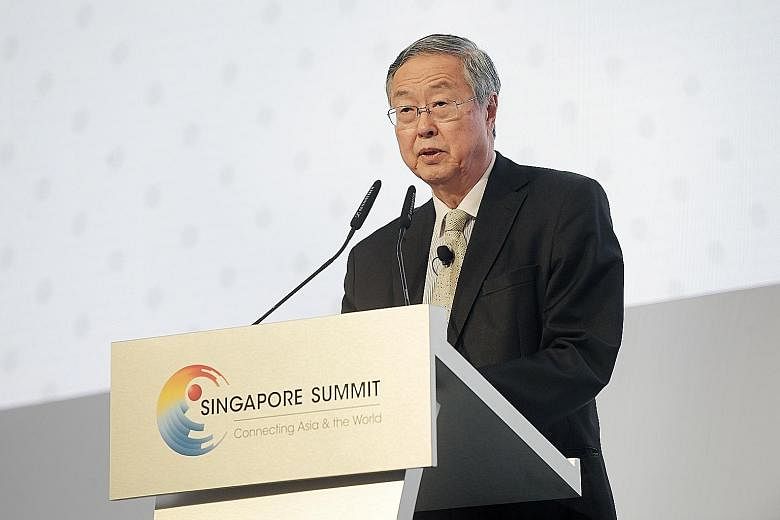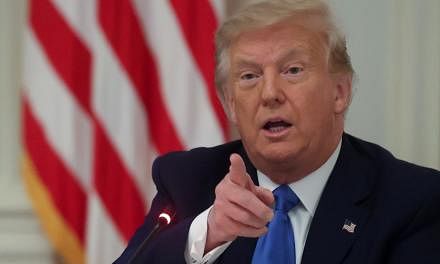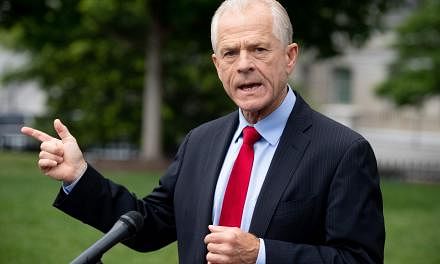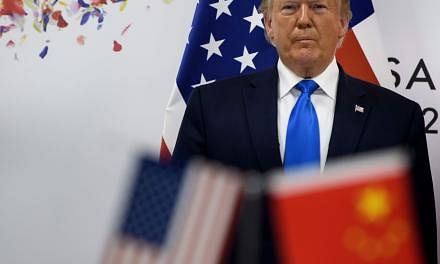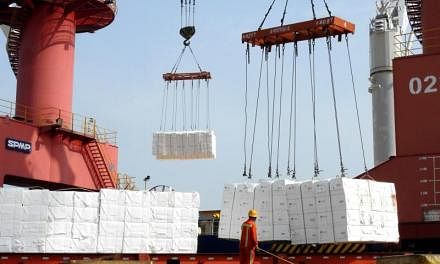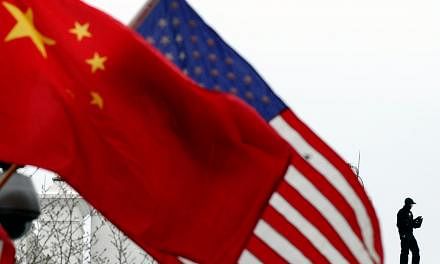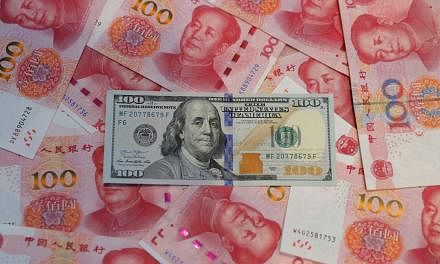Former Chinese central bank governor Zhou Xiaochuan slammed protectionism and called on Asian countries to work together towards regional trade liberalisation and to push for World Trade Organisation (WTO) reform to better protect developing countries.
Dr Zhou, who was speaking at the Singapore Summit yesterday, did not refer to the United States by name but pointed out that trade disputes "are seriously threatening global trade and economic growth".
He added that trade sanctions "imposed unilaterally by one WTO member against others" have seriously undermined the authority and efficacy of the world body.
"As beneficiaries, developers and contributors to the international trade rules and the global monetary and financial order, Asian countries may take concerted actions."
These included building a stronger WTO to keep abreast of the times, Dr Zhou said.
He added: "WTO rules fall short of addressing challenges of the 21st century concerning economic globalisation. They have also been inadequate in terms of protecting the interests of developing countries, especially those that are relatively impoverished."
While the best choice is to have full global multilateral rules, if this is not possible because of friction, "we can have a smaller scope of global multilateral rules", he said.
If such a global trade regime were to cover five billion or six billion of the world's population of 7.5 billion, "it's still a large system and still a very good choice", he said.
The Regional Comprehensive Economic Partnership, which brings together Asean and six other countries, and the Comprehensive and Progressive Agreement for Trans-Pacific Partnership, which gathers 11 Asia-Pacific countries, can together form a regional multilateral trade and investment group.
It could expand to include Europe and Africa to enhance trade and economic efficiency and investment opportunity.
Asked about calls from the US for China to open up its financial markets and better protect intellectual property rights, Dr Zhou said China would deepen these reforms because of internal needs, not outside pressure.
At the same time, China is deeply involved in the global economy and needs to consider international rules, just as its sports teams need to play by international rules when taking part in competitions even if they think these rules are not optimal, he said.
China needs to examine what kind of reform it needs to implement to participate deeper in the global economy, he said.
Dr Zhou added that the tech war between China and the US is a "more serious matter" than global rules for trade, but noted 80 per cent of technology is tradable and can be acquired by investment.
"You can buy the patents, pay for user licences, invest in R&D and buy companies that have specialist technology," he noted.
Given China's ability to do all these now and that there are many academic conferences and publications, "it's a little bit naive to think that the blockage of technology exchange and technology transfer can be effective", Dr Zhou said.
The annual summit brings together business and thought leaders from Asia and around the world to discuss global trends in business, finance and geopolitics.
Among the challenges facing Asia that were discussed was the decoupling of the US and Chinese economies that is spilling over into geopolitics and could lead to two overlapping geopolitical orders.
This is not what people want as the consequences will be that the conditions that have made "this fantastic growth" in Asia possible over the last few decades are going to be affected, noted Mr Shivshankar Menon, a former national security adviser of India.
However, he is not entirely pessimistic, saying that there would not be another Cold War and that there was a limit to decoupling.
What could be done was to build coalitions to deal with the consequences and try to minimise them.
